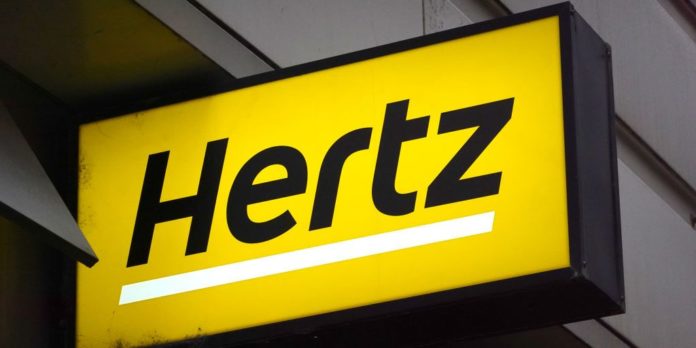In 2021, Hertz made a big splash when it announced plans to buy 100,000 Teslas and greatly expand its fleet of EVs. That deal, which came just half a year after a $4.2 billion restructuring saved the company from bankruptcy, moved the brand’s stock price up 40 percent over two weeks. Two and a half years later, the brand is selling off many of those EVs at perilously low prices, and the stock is trading at just 20 percent of its 2021 high. That is the sort of outcome that suggests a huge gamble did not pay off, and as a result, CEO Stephen Scherr is stepping down from his role.
The century-old rental car giant will continue under a new CEO, former Cruise executive Gil West. Notably, that means West is coming from another high-profile automotive investment that has not paid significant dividends. Cruise dropped its own CEO last November after its California-based driverless car program was halted and 950 of its driverless cars were recalled. He now steps into a Hertz that has to figure out how to balance existing demand for gas-powered rental cars with plans for a future where electric vehicles will become more and more important.
Hertz is the latest automotive giant to feel the sting of an early investment in EVs not going to plan immediately. For the rental car giant, the biggest issues were low demand from renters and high repair costs from suppliers. That led the company to announce plans to sell 20,000 of its fleet of EVs. That announcement is doubly painful because the brand invested so heavily in Tesla inventory when Tesla’s famously fickle prices were near their highest, then decided to sell at a time when Tesla has hurt resale value of its past cars by heavily reducing the prices on its newest offerings. New CEO Gil West will be responsible for figuring out how Hertz can dig itself out of the hole it created and get back to a sustainable business of renting cars.

